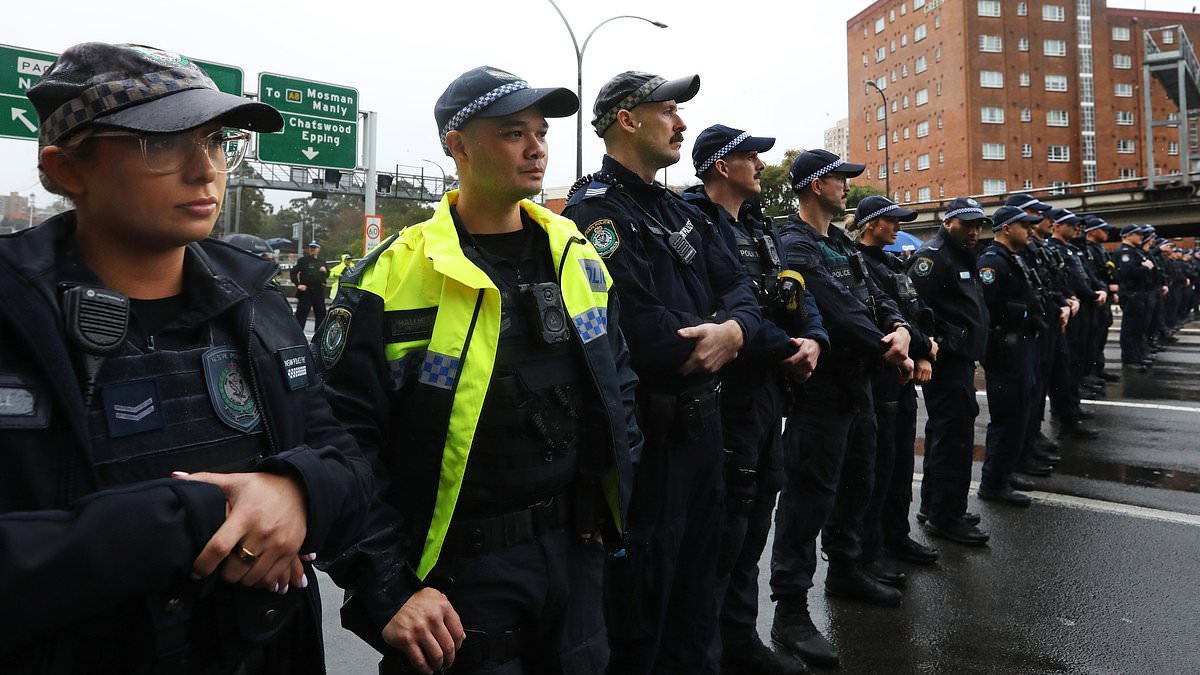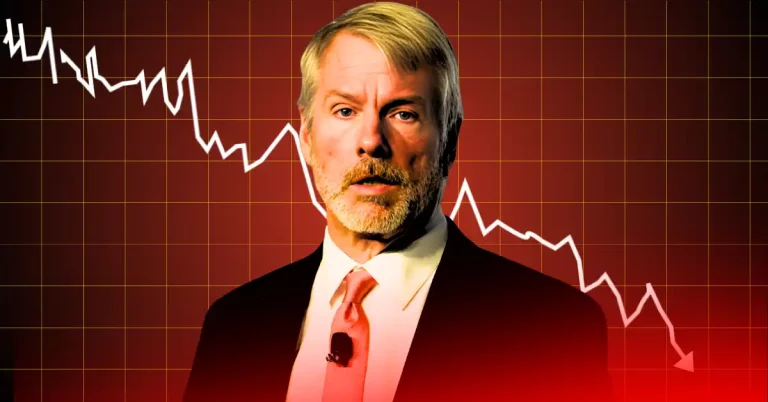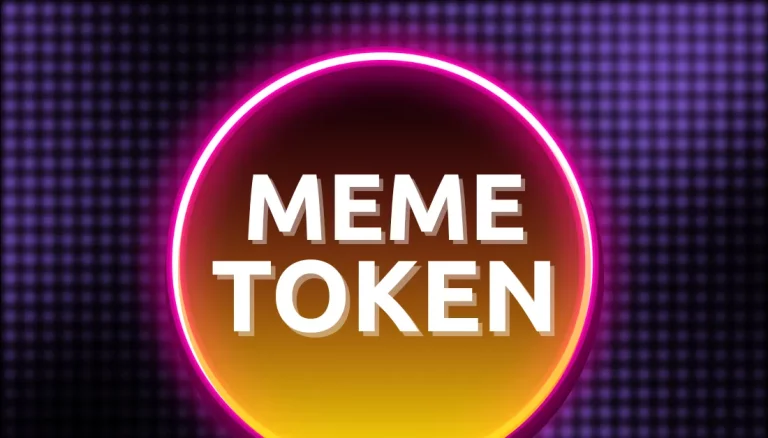
Supporters of a controversial anti-immigration rally are being urged to reconsider attending the upcoming protests, as political leaders label the movement as having ‘no place’ in modern Australia.
Nationwide Protests Planned by March for Australia
The group organizing the protests, March for Australia, describes itself as a ‘grassroots coalition of nationalists, patriots, and everyday Australians.’ The planned rallies are slated for August 31 across major cities, including Sydney, Melbourne, Canberra, Perth, and Adelaide. The group’s goal is to demand an end to mass immigration, which they claim is eroding Australia’s unity and shared values.
The March for Australia website features controversial rhetoric, citing grievances such as “anti-Australian hatred,” foreign conflicts, and issues with political leadership. Their online calls to action describe the country as “barely recognizable” due to immigration policies, which they believe have undermined Australia’s social fabric.
Political Leaders Condemn the Movement
Federal leaders have condemned the group, calling their actions divisive. Minister for Multicultural Affairs Anne Aly, who migrated to Australia from Egypt as a child, stated that the protest “has no place in modern Australia.” She emphasized the importance of multiculturalism as an integral part of the nation’s identity.
“We stand united against those seeking to divide us or intimidate migrant communities. Multiculturalism is a valued part of who we are,” said Dr. Aly. She further described the rally as grounded in far-right activism and racism, warning it would not intimidate communities.
Similar sentiments were shared by Home Affairs Minister Tony Burke, who criticized the protest for undermining national unity. “Australia thrives on cohesion and diversity. These rallies represent the opposite—there’s no room for this divisive behavior in our country,” he said.
Growing Concerns About Organizers and Online Support
The rallies have gained traction online, drawing support from far-right groups. Flyers promoting the event use slogans like “Take our country back” and “Stop mass migration now.” However, March for Australia has denied ties to neo-Nazi groups or other extremist organizations. They emphasized that their supporters come from “diverse political backgrounds” and disclaimed affiliations with other movements, including pro-Palestinian or Israeli organizations.
In a statement to media outlets, March for Australia clarified, “We are not associated with neo-Nazi groups or any organization spreading extremist ideologies. We represent ordinary Australians advocating for meaningful policy changes.”
Police and Public Response
Details regarding the rally locations remain unfinalized, with organizers stating they will confirm them closer to August 31. Authorities, including police departments across New South Wales, Queensland, and other states, have expressed their readiness to monitor the situation. Law enforcement has urged the group to communicate plans in advance to maintain order during the demonstrations.
Past events, like the 90,000-strong pro-Palestinian ‘March for Humanity,’ have heightened concerns about the impact of large-scale rallies on public safety. The August 3 event temporarily shut down Sydney’s Harbour Bridge, underscoring challenges associated with mass protests.
The Australian public remains divided, with critics labeling the movement as deeply un-Australian and reflective of far-right views. As August 31 approaches, the March for Australia rallies are set to test the nation’s commitment to balancing freedom of speech with preserving unity and inclusivity.





